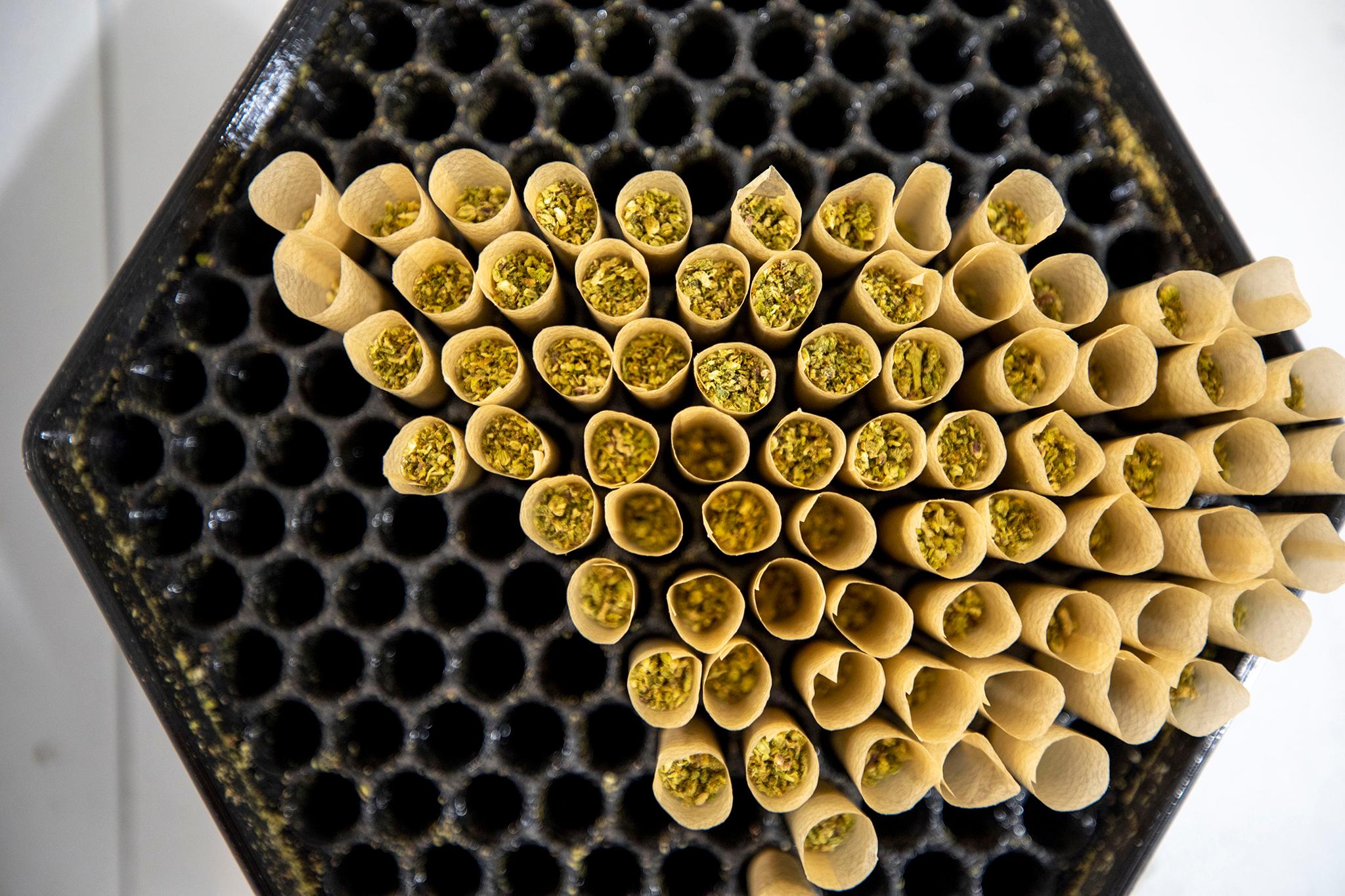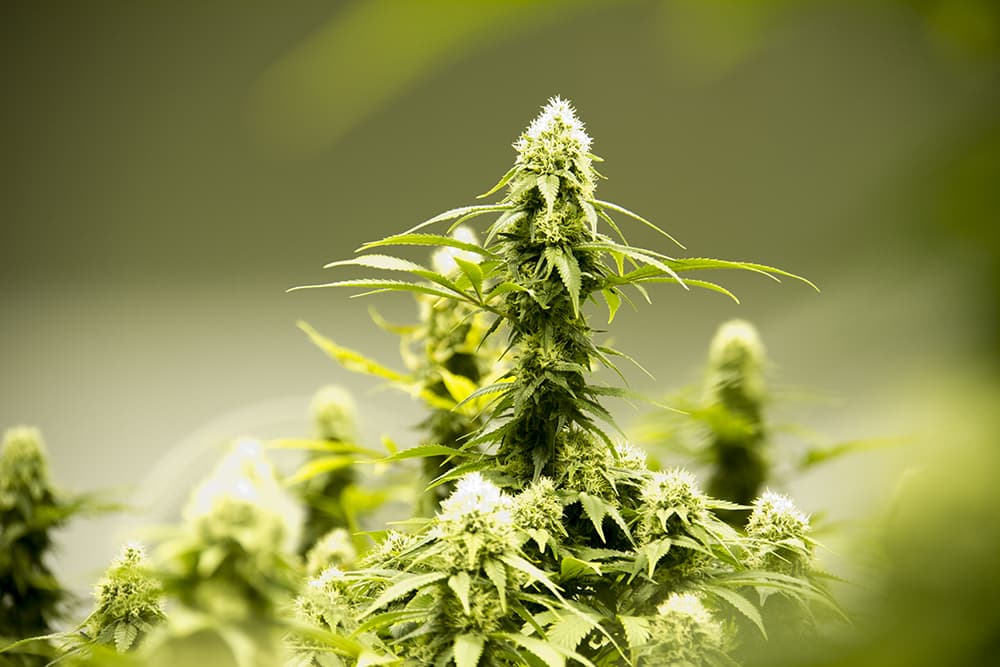For those in the marijuana delivery business, finding dispensaries to work with may have gotten a bit easier.
On Monday, Denver City Council passed an ordinance lowering the fees associated with transportation licenses for both transporters and dispensaries. The ordinance also removes the option for dispensaries to use their own delivery services, ensuring that social equity applicants are the only means for transportation.
"It's been extremely slow with delivery," said Eric Escudero, the communications director for the Department of Excise and Licenses. "Stores haven't done delivery. So, we're seeing these delivery companies not renewing their licenses and going out of business because they have no product to deliver. We've already seen three companies surrender their licenses and three licenses are delinquent. If we continue on this path, we won't have any companies to do deliveries."

Denver's social equity program for marijuana licensing launched about a year ago with the goal of making the industry an equitable place, especially for those negatively impacted by old marijuana laws.
Over the next five years, the city will reserve all new marijuana licenses for social equity applicants. In order to qualify, applicants must:
- Reside in a disproportionately impacted area of Colorado for at least 15 years between 1980 and 2010, or
- Have an arrest related to cannabis or a criminal record, or
- Have a household income in the prior year of application that did not exceed 50% of the state's median income.
One issue the program doesn't solve is the necessary capital to start a marijuana business. To build a store or cultivation business, owners need upwards of a million dollars. The city's solution on the capital front is to push marijuana transportation licenses.
According to Escudero, it's the least expensive form of a marijuana business.
So far, 22 social equity licenses have been approved and 14 of those are for some form of transportation.
But those businesses are not thriving the way the city hoped.
According to the Excise Department, out of 208 dispensaries only 18 have delivery permits and only three stores consistently do more than 250 deliveries per month.

Escudero said under the current law, stores have to partner with a social equity transportation company until 2024, after which stores themselves can apply for the license.
Escudero believes there are two issues. One, stores may be waiting until they can apply for licenses themselves. Or, two, the fees associated with the licensing program are too high.
The new ordinance passed by city council removes the sunset law on using social equity transporters, making the delivery business exclusive to social equity applicants. The ordinance also lowers the fees.
Currently for stores, the application fee is $500 and the annual license fee is $2,000. Those would be slashed to $25 each. The fees for transporters would also be slashed, going from $2,000 annual fee to $25.
Escudero said he hopes the slashed fees incentivizes dispensaries to begin working with the social equity licensees. But he also acknowledged that delivery in a city where every few blocks lies a dispensary can be tough.

That was noted by Sammi Ma, a representative of Columbia Care, during the Business, Arts, Workforce, & Aviation Services Committee. Columbia Care is one of the largest marijuana companies in the states and most recently purchased Medicine Man and Green Solutions.
"Cannabis delivery is a tough market to tap into especially within a city saturated with over 200 brick and mortar stores," Ma said. "Deliveries account for less than .5% of all cannabis sales in Denver. Medicine Man had attempted delivery services with an equity partner but was unable to achieve financial viability to continue the service due to lack of demand."
Ma added that "the establishment of permanent exclusivity" and "significant license fee reduction" could help equity applicants and would allow "the marketplace to catch up."
Councilmember Kendra Black also mentioned the lack of demand during the committee meeting.
"We've got 14 licenses and the size of the market demand is pretty low," Black said. "We have four food delivery services... and that market is massively larger than the marijuana market. And we only have four."

Black said she supported the new ordinance but would like the excise department to look into pushing hospitality licenses, where she said lies the biggest opportunity.
Escudero said the Excise Department will continue to look for ways to better the equity program. The state recently allowed social equity applicants to apply for a grant or a loan and the city just partnered with The Color of Cannabis to host the Social Equity Technical Assistance Program, a 10-week class that touches on the history and politics of the industry, compliance, delivery, hospitality and marketing.
"We already had the biggest overhaul in marijuana rules and regulation in the history of legalization in Denver," Escudero said. "We're going to keep looking for what we can do to make Denver's cannabis marketplace more equitable, so that more people truly have an opportunity to benefit from this billion dollar industry."













